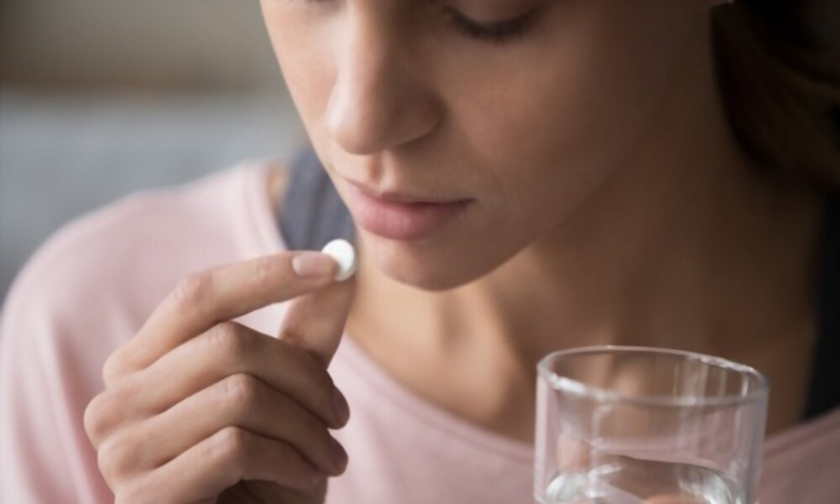Oral Conscious Sedation
 No needles, no face masks – just a simple pill or 2. Oral conscious sedation is so-called because it is taken orally, making it an extremely convenient and popular option amongst our patients. For patients who are undergoing oral conscious sedation at our office, we advise them to have an escort to and from the dental office arranged, as they will be unable to drive in a sedated state.
No needles, no face masks – just a simple pill or 2. Oral conscious sedation is so-called because it is taken orally, making it an extremely convenient and popular option amongst our patients. For patients who are undergoing oral conscious sedation at our office, we advise them to have an escort to and from the dental office arranged, as they will be unable to drive in a sedated state.
At our dental office, we use a variety of different oral sedation techniques to make our patients as comfortable and relaxed as possible during dental treatment. The most commonly used oral sedation dentistry medications are benzodiazepines, which is commonly prescribed for anxiety, and works by binding to receptors in the brain responsible for anxiety. Benzodiazepines are safe and effective. With oral sedation, our patients are awake and able to respond to questions, but feel calm and unaware of the sights, smells, and sounds of the dental office.
Rarely our patients are relaxed enough from oral sedation to actually fall asleep during the procedure, but patients are not supposed to be asleep – even for a minute. The definition of “conscious sedation” is that you stay conscious all of the time, if you fall asleep this is Deep Sedation and a dentist requires a higher value permit to do this. Dr. Lichtenstein has a general anesthesia permit, which allows him to do the entire spectrum of sedation and general anesthesia. A dentist must have a General Anesthesia permit in order to have a patient “fall asleep.”
What to expect with oral conscious sedation?
During a procedure, conscious sedation lets you stay awake and aware, without feeling discomfort and without the side effects of general anesthesia. Patients who receive oral conscious sedation are usually able to speak and respond to verbal cues throughout the procedure, communicating any discomfort they may experience to the provider.
Oral conscious sedation could make you quite groggy. But you’ll still be able to communicate with your dentist if necessary, and you’ll awaken with a gentle nudge. Because oral sedation could temporarily affect your memory and motor skills, you’ll need a friend or family member to drive you home after your procedure. Conscious sedation does not, and should not last long, but it may make you drowsy. A brief period of amnesia may erase any memory of the procedures.
Should I do anything special after conscious sedation?
For your safety, a responsible adult must take you home. This person must be available when you are ready for discharge. It is recommended that you have someone with you for the remainder of the day.
If you have any questions about sedation dentistry or dental anesthesia call our office at (732) 739-3337 or fill out a Contact Form. Dr. Lee Lichtenstein and his team look forward to serving you.
